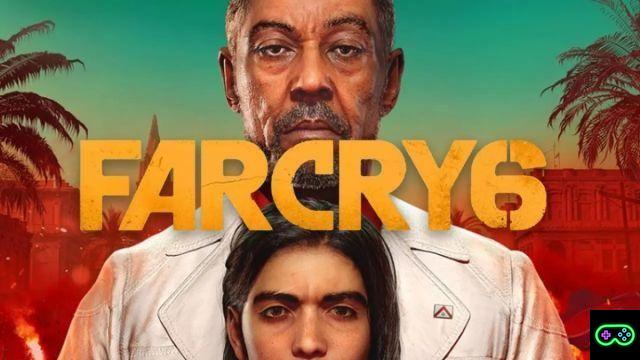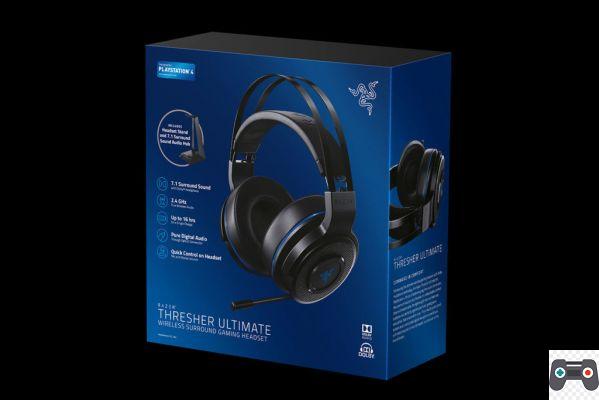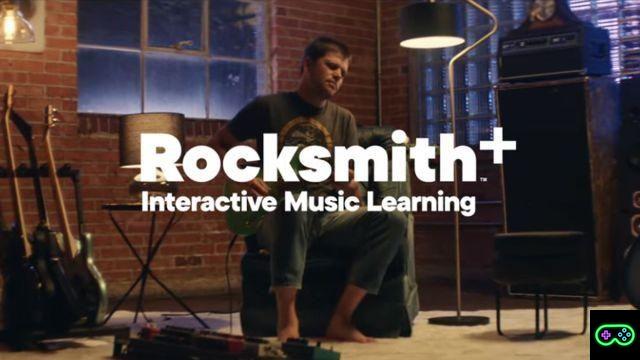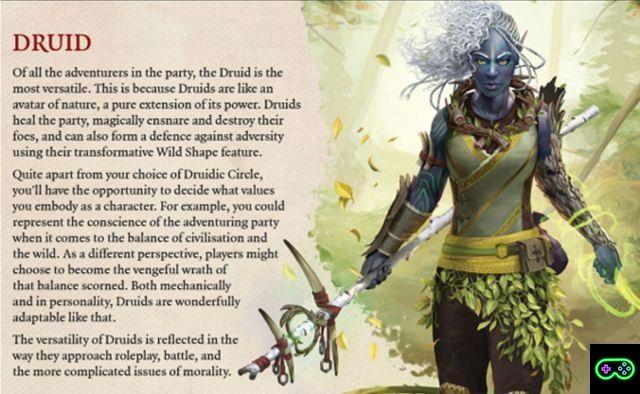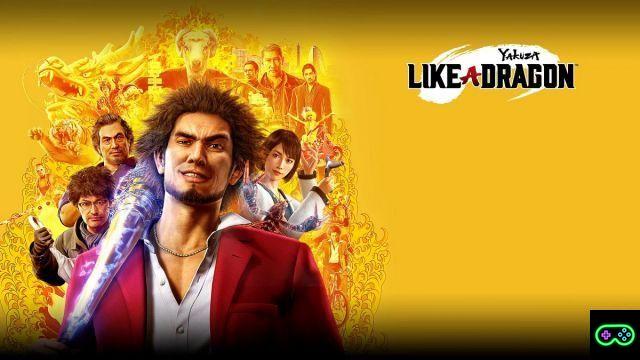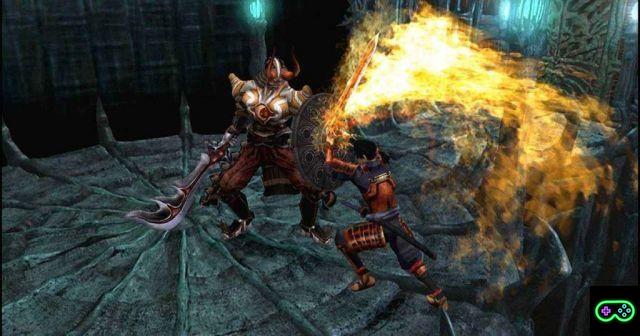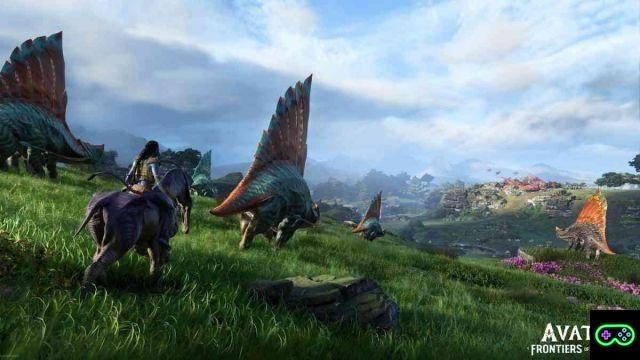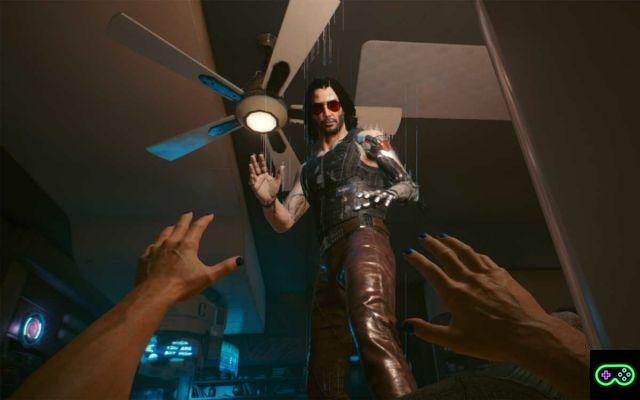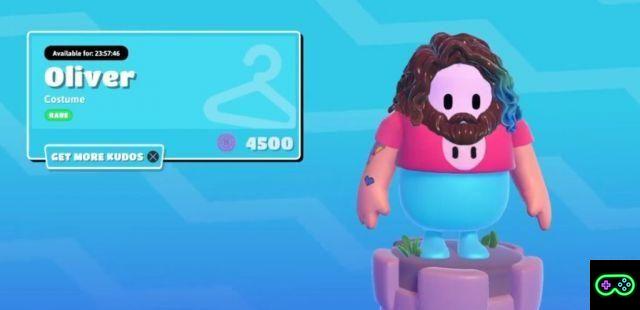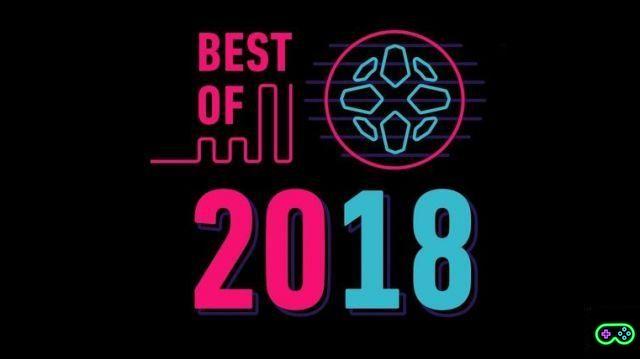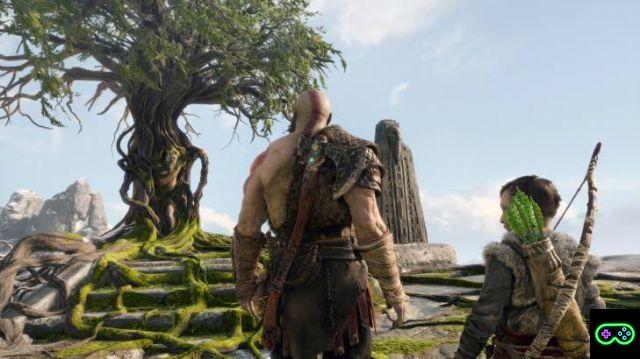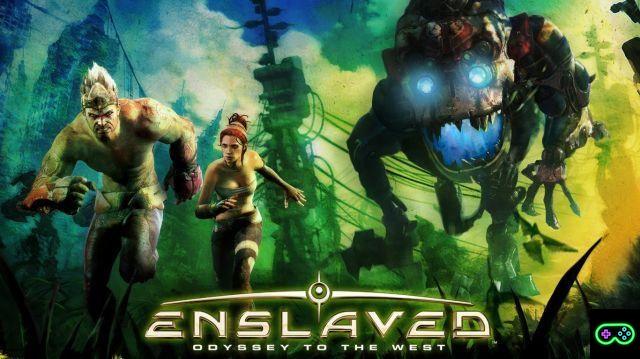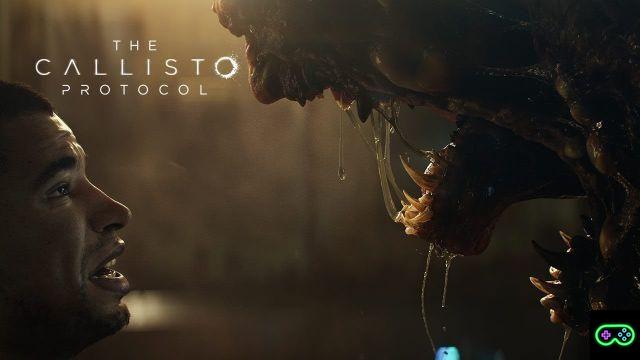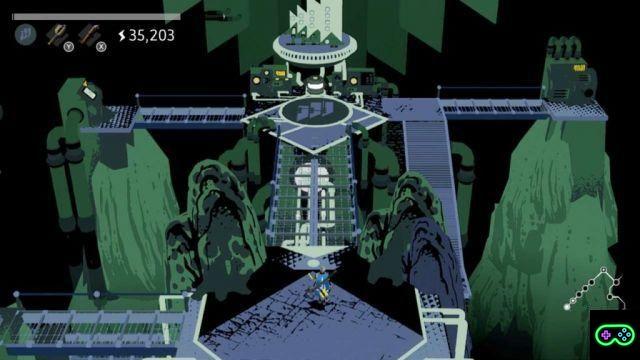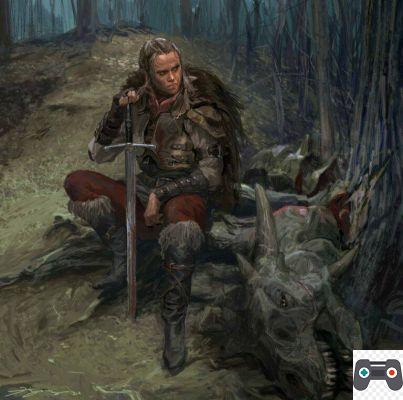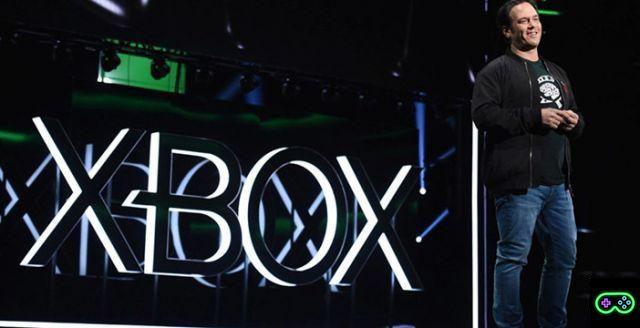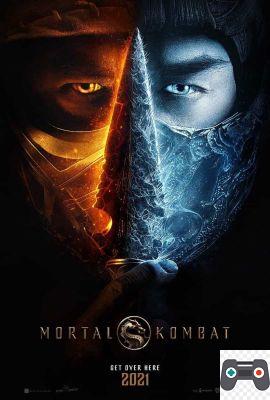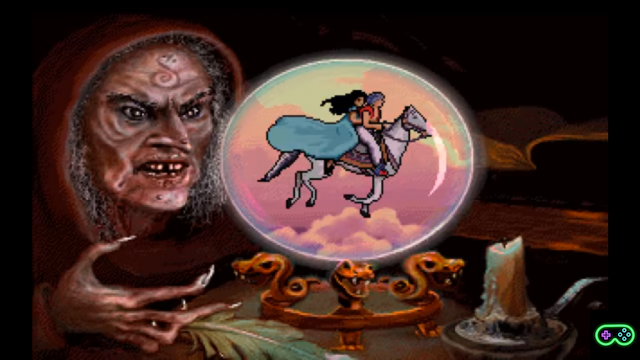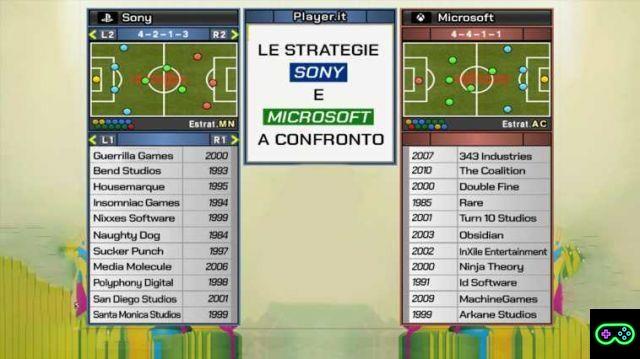
The world of videogames has changed, perhaps slowly, but inexorably. From the race to the physical copy we have moved on to the digital age, almost completely abandoning the very concept of "ownership" in favor of the flexibility of licenses, favoring the birth of services such as the Game Pass which, until recently, were pure utopia . However, one of the prominent phenomena of recent times, now increasingly at the center of videogame gossip, is undoubtedly represented by acquisitions.
It is recent news that Sony has made Housemarque one of its first party studios, thus going to flesh out the ranks of the prestigious Playstation Studios. On the other side of the fence, however, the first effects of the purchase of ZeniMax Media, through a Microsoft conference that showcased a line up of high-value titles, culminating in the announcement of Starfield, the new Bethesda blockbuster exclusively on Xbox and PC.
Paradoxically, much of the media attention has shifted from outgoing video games to which could be the next "market hit" of the main players in the industry.
It is the beginning of the "videogame transfer market“, An era in which news on new stocks in development will be accompanied by articles on acquisitions, mergers, corporate consolidations and" negotiations "in the broadest sense of the term. Precisely on the basis of what has now been written, there will be several analogies and references to the world of football.
In the following lines, we will try to analyze the phenomenon indicated, clarifying its nature, characteristics, pros, cons and, above all, which company policy suggests such maneuvers.
Let's start with the fundamentals.
What is a corporate acquisition?
Le acquisitions (or mergers following acquisition) are a financial transaction defined (in Italy) in article 2501 and following of the Civil Code, with which, in fact, an acquiring company takes control of another, acquiring its assets and liabilities.
It often occurs that the acquired company ceases to exist, effectively becoming an asset of the buyer, but it is equally common that it retains its identity, especially when it comes to relevant brands (as in the case of Bethesda). It goes without saying that, in the world of entrepreneurship, acquisitions have become an established practice, allowing the buyer both to diversify his capital and to be able to expand, becoming an even more solid and established reality.
Like any financial transaction, the ultimate goal of acquisitions and mergers is always the same: generate income. In order for the transaction to be justified, in fact, the two (or more) companies, together, must acquire a greater value than those they had as "separated".
But what are the advantages of an acquisition? The answer is not unique, but always lies in the field of increasing the acquiring company's earnings. Whether it is the achievement of economies of scale, access to a new financial market, the combination of complementary resources, or even a simple new growth opportunity, operations of this type are now indispensable for multi-billion dollar companies which, for the purposes of of their own survival, they are almost forced to expand.
From a financial point of view, in the event that these are recorded acquisitions (and therefore subject to taxation), these operations generate a real revaluation of corporate assets, creating an effect that goes by the name of "capital gain", a term that those who follow the transfer market know very well.
What is gained from an acquisition? Here too, the answer is to be found in a range of five different possibilities:
- increase in revenues (deriving for example from the increase in the power of the firm on the market);
- cost reduction (a large company often costs less than two or more small companies);
- lower taxes (generated by unused borrowing capacity, excess funds, asset revaluation, etc.);
- change in capital requirements;
- a lower cost of capital;
As you can see, the benefits of such a financial transaction are substantial, making the acquisition an ideal move for any company with excess funds.
The Microsoft purchasing campaign
The latest market hit of the Redmond company dates back to last September 21, 2020 and constituted an epochal event. The acquisition of ZeniMax Media has in fact represented perhaps the only case in which not a single development studio, but an entire holding company in the sector (among other things, one of the largest and most successful) was entirely incorporated through ahorizontal acquisition (which occurs between two companies operating in the same sector). The $ 7.5 billion figure seems enormous but, as we will see shortly, it is by no means the highest cost incurred by the big M to reinforce itself.
As reported by StartupItalia, the first Microsoft acquisition took place about 12 years after its foundation. It was back in 1987 when Bill Gates and Paul Allen wrote a $ 14 million check to acquire forethought, taking it away from Apple's rivals. The name mentioned above probably won't tell you much, but it's very likely that you've used the software that delivered this developer to history at least once: PowerPoint.
From that moment on, acquisitions (both horizontal and vertical) will become a constant for Microsoft: 195 purchases, generating a rain of millions of dollars that touched 22 different nations. As always happens in large purchasing campaigns, there was no lack of flop (the acquisition of Danger for $ 500 million, aQuantive for $ 6.3 billion, or Nokia for $ 7.2 billion), but there were several "champion”Which made the Redmond company the absolute leader in the sector. In this respect, it is impossible not to mention the acquisitions of Hotmail, Visio and Skype (to date the most expensive acquisition, costing as much as 8.5 billion dollars) which have defined the functionality of Windows as we know them today.
However, if the “purchasing campaigns” have always marked Microsoft's policies, it is since 2014 that this type of operation has intensified, especially in the gaming sector. With the arrival of Satya Nadella, current CEO of the company, in less than eight years the American giant has made 12 acquisitions in the videogame sector, double those completed in its entire history, culminating in the purchase of ZeniMax, the CR7 of the videogame.
It has not always been made public the "price tag" of the hits, but we can say that, in this respect, the amount spent by Microsoft to strengthen the Xbox Game Studios overall exceeds 10 billion dollars.
Microsoft's approach to the market
| Development study | Founding date | Acquisition date | Acquisition cost (if stated) |
| 343 Industries | 2007 | - | - |
| The Coalition | 2010 | - | - |
| Compulsion Games | 2009 | 2018 | - |
| Double Fine Productions | 2000 | 2019 | - |
| The Initiative | 2018 | - | - |
| inXile Entertainment | 2002 | 2018 | - |
| Mojang Studios | 2009 | 2014 | $ 2.500.000.000 |
| Ninja Theory | 2000 | 2018 | - |
| Obsidian Entertainment | 2003 | 2018 | - |
| Rare | 1985 | 2002 | $ 375.000.000 |
| Turn 10 studios | 2001 | - | - |
| Undead Labs | 2009 | 2018 | - |
| World's Edge | 2019 | - | - |
| GROUP ZENIMAX MEDIA | $ 7.500.000.000 (total cost) | ||
| Alpha Dog Games | 2012 | 2021 | - |
| Arkane Studios | 1999 | 2021 | - |
| Bethesda Game Studios | 2001 | 2021 | - |
| Id Software | 1991 | 2021 | - |
| MachineGames | 2009 | 2021 | - |
| Roundhouse Studios | 2019 | 2021 | - |
| Tango Gameworks | 2010 | 2021 | - |
| Zenimax Online Studios | 2007 | 2021 | - |
On the basis of what was written previously, and wanting to carry on the combination of "videogame - transfer market", we could define the policies of the big M similar to those of the largest football clubs; however, if we were to choose clubs that, more than all the others, come close to the philosophy of US society, these could only be the Real Madrid and Manchester City.
The first team really needs no introduction: considered urbe et orbi the football team par excellence, the Chamartín club has always been the forbidden dream of anyone wearing a jersey. What brings Real (especially Florentino Perez's Real) closer to Microsoft is the ability to attract the most important interpreters of the role, often managing to set up legendary squads, composed of the best players in the world.
However, if Real Madrid is a company that has always been present in the world football arena, the same cannot be said for Microsoft, which entered the world of consoles only in 2001, with the first Xbox. Precisely for this reason, there is a comparison with the Manchester City: the former "minor team" of Manchester has entered the football that counts from the 2009-2010 season, with the entry into the company of Emirati prince Mansur. From that moment on, City managed to buy the cards of some of the most important players in circulation but, under the guidance of Pep Guardiola, they are still looking for their definitive consecration among the big European players.
Returning to gaming, Microsoft, despite being the "youngest" actor on the scene, has implemented the same policies applied in the IT sector: grow and grow immediately, buying all the stars on the market, spared no expense and subtracting them from the competition. The acquisitions of the American company have almost always involved already established companies, able to immediately increase the value and charm of the great M.
As with City, Microsoft also wants to reach the top step of the podium, but has been held back by a old gen anything but exciting, which currently sees 52 million Xbox One sold against over 114 million Playstation 4.
At present, as happened with football, the current gen was also experiencing a stalemate: the new consoles are nowhere to be found, and it is not known precisely when the situation will be able to unlock. However, compared to the recent past, Microsoft seems to have changed gear, focusing more on services (did someone say Game Pass?), But without forgetting to steal ground from the competition.
Let's face it clearly: a ninth generation with most (or all) of the Bethesda titles exclusively Microsoft, available since day one on the “Netflix of video games”, seems a must-buy for any consumer.
How has Sony reacted to this purchasing campaign which seems to have not ended yet?
Sony's purchasing campaign
| Development study | Founding date | Acquisition date | Acquisition cost (if stated) |
| Bend Studio | 1993 | 2000 | - |
| Guerrilla Games | 2000 | 2005 | - |
| Housemarque | 1995 | 2021 | - |
| Insomniac Games | 1994 | 2019 | - |
| london studio | 2002 | - | - |
| Malaysia Studio | 2020 | - | - |
| Media Molecule | 2006 | 2010 | - |
| N | 1984 | 2001 | - |
| Nixxes Software | 1999 | 2021 | - |
| Pixelopus | 2014 | - | - |
| Polyphony Digital | 1998 | - | - |
| San Diego Studio | 2001 | - | - |
| San Mateo Studio | 1998 | - | - |
| Santa Monica Studio | 1999 | - | - |
| Sucker Punch Productions | 1997 | 2011 | - |
| Asobi team | 2012 | - | - |
| XDev | 2000 | - | - |
Since the transfer of ownership of ZeniMax, part of the Sony fanbase has begun clamoring for a response to this market hit. The rumors have been going on for months, fueling pindaric flights that even hypothesized (or hoped) the acquisition of publishers of the caliber of Konami. Well, the Japanese giant, after making it Insomniac Games one of his first party studios, has fleshed out the ranks of Playstation Studios with Asobi team (author of Astro's Playroom), Housemarque (the team behind titles like Resogun and the exclusive PS5 Returnal, of which you can read our review by clicking here) and Nixxes Software (team specialized in the creation of console to PC ports).
How do you say? Does it seem "little stuff" to you? And then it is definitely the case to take a deeper look at Sony's previous purchasing campaigns, as well as the philosophy that has always accompanied this company.
By observing the number and composition of the developers who make up the Playstation Studios, it is possible to immediately notice two fundamental characteristics: the consistent but not excessive number of developers (especially if the term of comparison is Xbox Game Studios) and the long-standing collaborations with Sony, for the making of exclusive titles.
Let's take some examples between "historical" and "newcomers" teams.
As of 2013, Housemarque he has made titles that landed only on Sony platforms, with the exception of Nex Machina only; this path culminated with the creation of Returnal, a true proof of maturity of the Finnish studio, and with its recent entry into the Sony first party. A similar argument can be made for Sucker Punch which, before its acquisition (which took place in 2011), had practically made almost only exclusive Playstations.
Let's move now to the flagship of the Japanese giant: N. Although the US development studio was founded in 1984 (it will become a Sony developer only in 2001), it is possible to note that, from the publication of Crash Bandicoot onwards (which took place in 1996), an almost exclusive collaboration with Sony has been established that , about five years later, will lead to its acquisition.
Wanting to try to give a name to what we have seen in the previous lines, the most suitable term is: apprenticeship. With the exception of devs such as Polyphony and Santa Monica Studio (already born as internal teams), all the other members of the current Playstation Studios began to relate to Sony when they were small and emerging creative realities and, after an "audition" lasting 5 or 7 years old, they joined the Playstation family.
Sony's approach to the market
We are very selective about the developers we incorporate into our studios. We are always looking for people who have a similar set of values, similar creative ambitions and work very well with our team, so that we can further invest in them and help them grow as creators. These are very, very focused acquisitions of teams we know well.
With these words, Hermen Hulst, the head of Playstation Studios, both welcomed Housemarque and reaffirmed the philosophy that has always distinguished the market hits of his company. Few operations, but targeted, only with teams of which the company knows the modus operandi and which have already proven to be able to integrate with the Sony world.
If our lob side has seen us approach Microsoft with clubs of the caliber of Real Madrid and Manchester City, Sony, in terms of philosophy and approach, is the reality of the videogame industry that comes closest to Barcelona. As all football fans will surely know, the Catalan club represented a unicum among the top world teams, managing to create a roster of top-level players almost at "zero impact“, As it is the fruit of the youth sector, the so-called cantera.
Barça's work lasted years, reaching its peak in the period from 2008 to 2015, which saw the team triumph both at home and in Europe, reaching the top of the world with over half of the starting line-up coming from the Spring.
As well as the Catalan club had the merit of mold many talented young people, in the same way Sony has always chosen to work with equally young developers, guiding them on a path of gradual growth and leading them to success; all this without ever interfering with the creative process, leaving free rein to the developers.
Sony has put us in this fantastic situation where we don't have any producers; we have no interaction with Sony management in the development phase.
These words of Keith Guerrette, lead effect artist of Naughty Dog, released to IGN in 2016, further reinforce the concept expressed above: gradual growth and total creative freedom. On the other hand, this is not really the sine qua non for the development of titles of the caliber of The Last of Us Part II?
What will be the next moves of Sony and Microsoft?
As the old adage went: we do the possible, we try to do the impossible, we are equipping ourselves for miracles. Seriously, not even theinfallible pendulum by Maurizio Mosca could prove to be a suitable tool for predicting the future plans of these two video game giants. Despite what has just been said, it is however possible to get an idea of what the priorities of the two companies may be.
Microsoft, for economic availability and expansionist ambitions, is probably the most difficult subject to decipher, but the general impression is that for the Redmond company, after having sown as best it could, the harvest time. The many creative teams acquired in previous years are about to give birth to their first works and, from here to the next Christmas holidays, we should be able to get our hands on at least four big exclusives of the great M: the console version of Flight Simulator, Forza Horizon 5, Starfield e Halo Infinite.
Obviously, other acquisitions cannot be ruled out, but it is difficult to identify developers and publishers who are right for Microsoft (especially after the surprise purchase of ZeniMax). Precisely for this reason, it is highly likely that, in the months to come, the Redmond company will focus on upgrading of its infrastructures and services (xCloud above all), perhaps entering into new partnerships to make the Game Pass catalog even more irresistible.
Never like this time, Xbox seems to have all the credentials to make this ninth generation its own, but it has yet to deal with an opponent who, despite having disappeared from the shelves around the world, continues to dominate the console market with nearly 8 million hardware sold in less than a year from launch. We are obviously talking about Playstation 5.
If Microsoft is about to see the fruits of its huge investments, Sony has already released several weight exclusives. After Returnal and Ratchet & Clank: Rift Apart, the next main event scheduled is the release of Horizon II Forbidden West, which will have the not simple task of competing for the same launch window of the new Master Chief adventure.
As noted above, Sony is once again starting from a strong position, and is using its advantage to carefully plan its future in the medium and long term. The acquisitions of Housemarque and Nixxes Software suggest that, on the one hand, the Japanese company is recruiting new creatives and, on the other, it is considering thelanding of his other exclusive titles on PC.
Let's not expect pharaonic buying campaigns: they are neither in the financial resources nor in the Sony style; but let's get ready for other important new entries in Playstation Studios, and all the clues lead to Bluepoint games, distinguished by the sensational remakes of Shadow of the Colossus and Demon's Souls. Finally, the future of the Japanese company cannot fail to pass through an improvement in the quality of its services, including a 360-degree upgrade of the PS Now.
The future, as we know, has to be written, but as every football fan knows very well, from such a hot market, the word passes to the field, which is the only real judge. As always, the users will decide who will have made the best shots, and we are sure that there are many who are looking forward to putting the ball in the center, waiting for the much-needed kick-off.




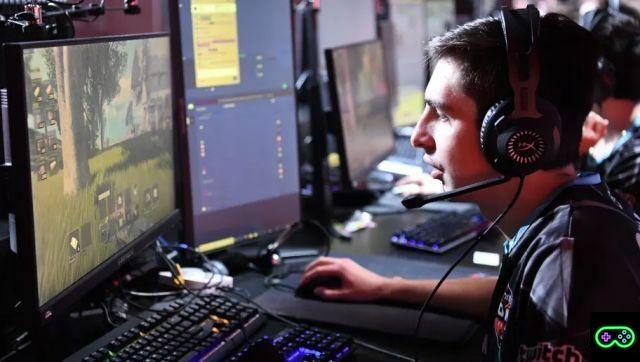
![[The Bear's Lair] God of War: Betrayal and Greek mythology](/images/posts/17432d3b12ecfec44b0b855d20c7520f-0.jpg)
